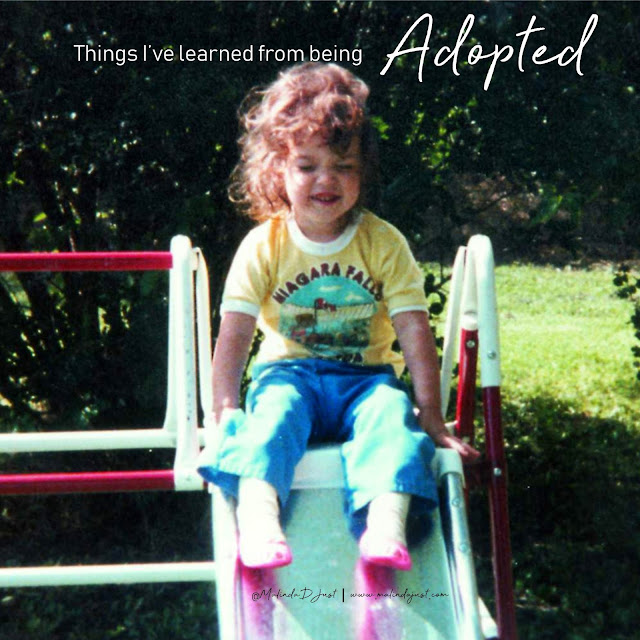the UN-neutral Heart
There was a man sent from God, whose name was John. He came as a witness, to bear witness about the light, that all might believe through him. He was not the light, but came to bear witness about the light. … (John bore witness about him, and cried out, “This was he of whom I said, ‘He who comes after me ranks before me, because he was before me.’” John 1:6-8; 15*
In our family, one thing we really try to work on is not interrupting each other. As the parents, my husband and I try to immediately address the interrupter with something like this: “Sweetheart, you just interrupted so-and-so. Once they are finished with their story, you may speak.” I’d say, in a given mealtime, we say something of this nature a handful of times. It used to be way worse.
In today’s passage, however, John (the Gospel writer) employs interruption to get his point across about John (the Baptist).
Directly before and after verses 6-8, as well as verse 15, John the Writer was explaining WHO the Light was. So why the interruptive tactic? What gives?
John Piper says this:
“Well, John could have written it that way. But he didn't. And the effect of the way he did write it is to make crystal clear from the very outset that God's way of letting the light of Christ shine in the world is by human witnesses. God's way of pushing back the darkness is by human witnesses.
“It didn't have to be this way. God could have caused the light of Christ to spread in some other way. He could have done it with angels. He could have written the gospel in the sky with big puffy white letters made out of clouds. He could have caused the wind to talk. But instead God chose to call and send human beings to bear witness to the light. 'There was a man [a human being] sent from God, whose name was John.'
“This general principle is even more clear because John was sent to testify to the light while the light was there. As soon as the light was in the world—as soon as Jesus came—God prepared and sent a human being right alongside the light to bear witness to the light. Jesus did not need John the Baptist to make him known. He could have managed by himself—he was the light of the world. But evidently God's wisdom dictates that his Son should be heralded, announced, proclaimed by people that he sends. Evidently God knows that this is the way to bring the greatest happiness to men and the greatest glory to his Son.” {From the sermon, “A Burning Witness To The Light”}What an important interruption!
Humans—created though we are, as compared to Christ’s eternity—are sent to witness to the Light.
Created
I think it’s amazing to think about how John was created for the purpose of bearing witness to the Light. In Luke's Gospel account we read that already, in his mother’s womb, John the Baptist leaped with joy when Mary—pregnant with Jesus—came near.And when Elizabeth heard the greeting of Mary, the baby leaped in her womb. And Elizabeth was filled with the Holy Spirit, and she exclaimed with a loud cry, “Blessed are you among women, and blessed is the fruit of your womb! And why is this granted to me that the mother of my Lord should come to me? For behold, when the sound of your greeting came to my ears, the baby in my womb leaped for joy. Luke 1:41-44God purposefully put John in the world at the exact right time so John could bear witness to the Light. God put us in the world at this specific time so we can bear witness to the Light. But are we?
Sent
John the Baptist is a healthy example for Christians to examine and emulate. John 1:6-8; 15 further explain his role. In fact, the opening statement of verse 6 says that God sent John. John’s sending was for the purpose of being a witness.In the midst of this example, however, John the Writer makes an important distinction. John the Baptist was NOT the light. The text makes this clear. John the Writer emphasizes that point so the copy of the light was not mistaken as the True Light.
“Jesus is the ‘true light’ — the original of which every other light is a copy — but the Jews were content with the copies,” writes Warren Wiersbe. “They had Moses and the Law, the temple and the sacrifices; but they did not comprehend that these ‘lights’ pointed to the true Light who was the fulfillment, the completion, of the Old Testament religion.”Israel—God’s people—were blind to their Messiah. Even though, as Christians, we are called to be lights in the world (Matthew 5:13-16), it is vital not to accept copies of the Light as the True Light. No human is the capitalized Light. Ever.
Witness
To witness is a serious matter.“[Witnessing] commits a man,” said Leon Morris. “If I take my stand in the witness box and testify that such-and-such is the truth of the matter, I am no longer neutral. I have committed myself.”As professing Christians, we cannot remain neutral about Christ. If we remain neutral about Christ, we are not witnesses. We have been created and sent to bear witness with an UN-neutral heart.
John the Writer, in interrupting the narrative, gives us a strong example to follow as we bear witness to Christ. Let's take a moment to reflect, pondering areas where we have UN-neutral hearts as well as those areas where we remain neutral.
Advent Desire
May we have UN-neutral hearts—willingly witnessing to the True Light. May we not be enticed to worship copies of the light, but find increased wonder in Jesus, the True Light of men. And, may we hold fast to the Word of Life (Philippians 2:14-16), ever bearing witness to His name.*Disclaimer: I am jumping around a bit in this verse because I needed to do that for the number of weeks I had to write advent posts. I checked with a pastor to make sure that I could still maintain the integrity of the text, and he agreed that I could still be faithful to the text while putting this verse selection together.
More in this series:
the WORD Eternal
the LIFE & LIGHT
Unknown & Unreceived
Receive & Believe
From His Fullness
A Critical Declaration
Let's connect!
Article Sources:
- English Standard Version (ESV) Study Bible
- Guzik, David. Study Guide for John 1. (Blue Letter Bible)
- The New Bible Commentary: Revised. Edited by Guthrie, Motyer, Stibbs, Wiseman.
- Wiersbe, Warren. Commentary on John.
- Piper, John. Sermon. "A Burning Witness to the Light."
- Morris, Leon. "The Gospel According to John."



Comments
Post a Comment